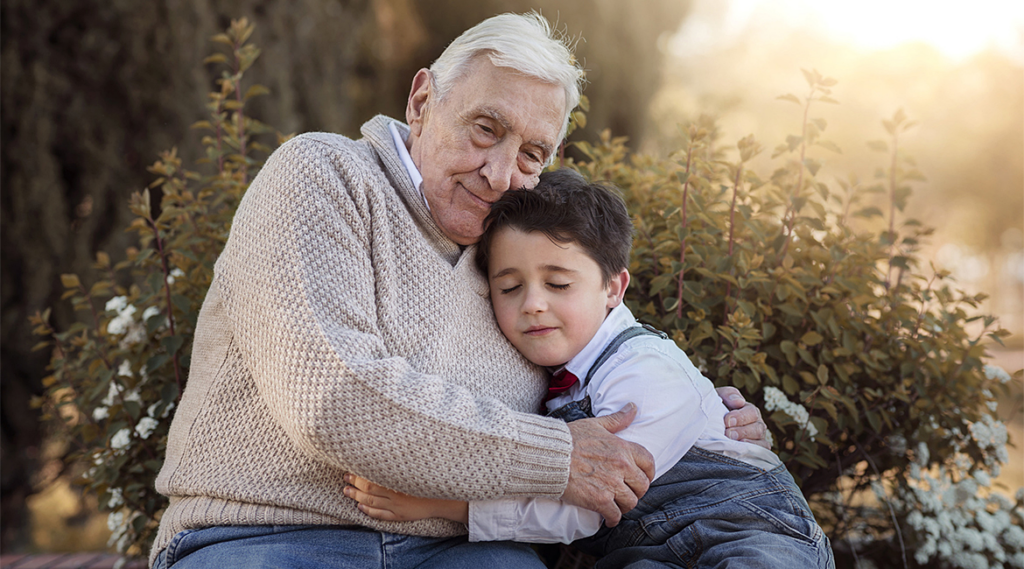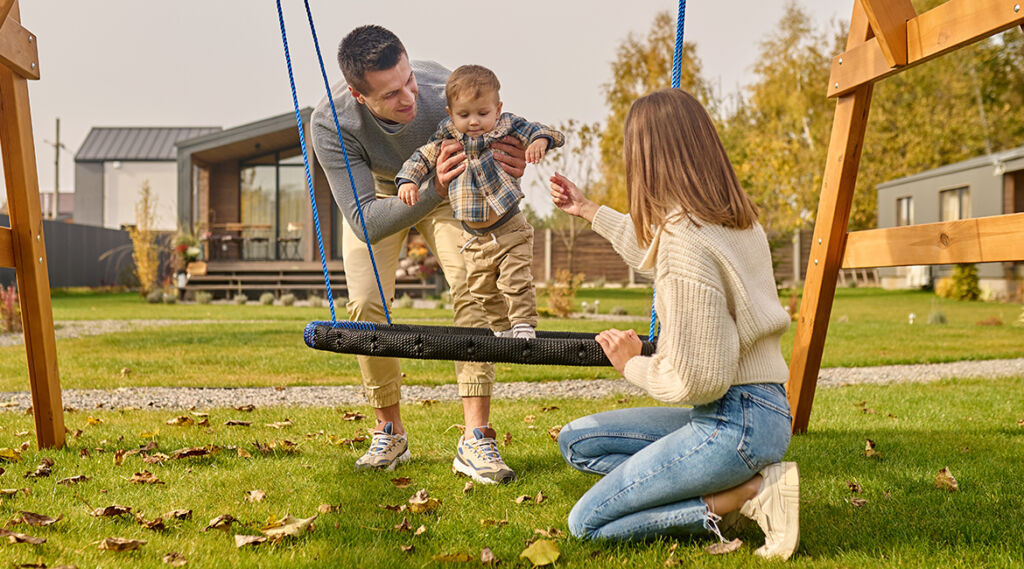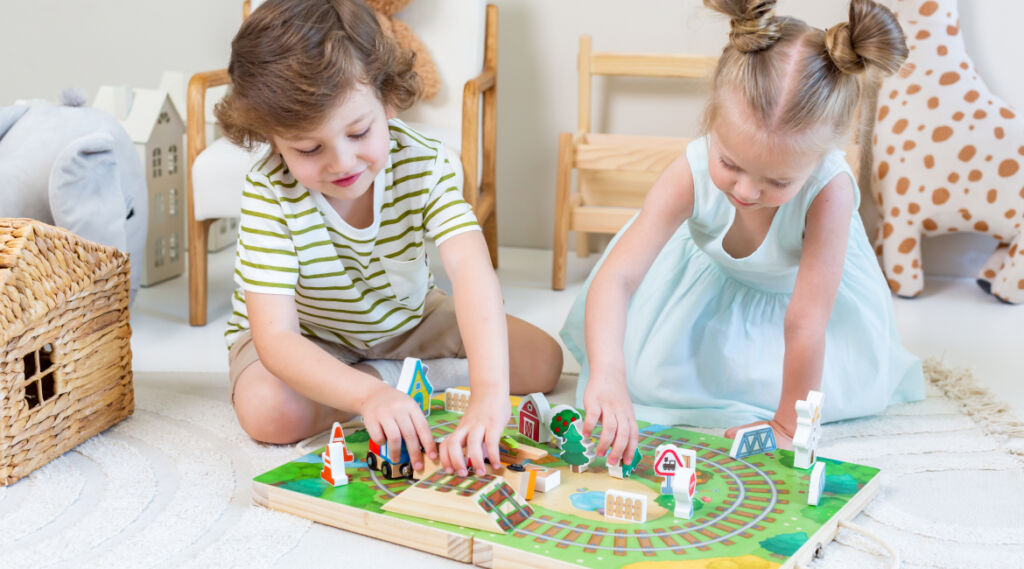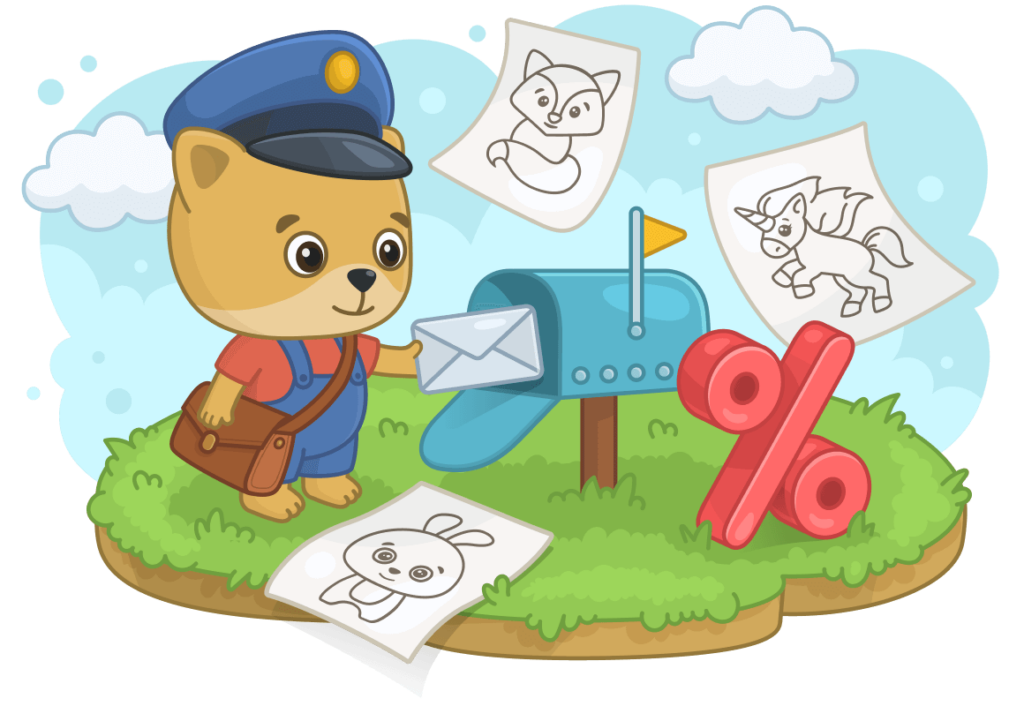In the workplace employers look for knowledge, skills, and abilities commonly known as KSA’s; as adults, we’ve acquired those through a lifetime of learning. For every little one, knowledge will come with time; building needed social-emotional skills will aid them in developing abilities which will help them be successful in their early lives, through adolescence, and into adulthood.
What do we mean when we’re discussing Social-Emotional Skills? Social and emotional learning is “the process through which children and adults acquire and effectively apply the knowledge, attitude, and skills necessary to understand and manage emotions, set and achieve positive goals, feel and show empathy for others, establish and maintain positive relationships, and make responsible decisions.”[1]
What Does This All Mean?
Skill development is something that should start at home with parents modeling appropriate behavior and appropriate responses to situations when they occur. Often though that is not the case and entities outside of the home must pick up the slack, whether that’s the local public schools, or community organizations such as 4-H, Boy Scouts, and Girl Scouts. There are five main areas that need to be addressed in teaching social-emotional skills to children; self-awareness, self-management, social awareness, relationship skills, and responsible decision making. We will assume that these five areas will be taught to little ones either at home, kindergarten, school or within community organizations that they belong to; let’s pull each one out and discuss how we can achieve success in each category.
Self-Awareness
Self-awareness is the ability to identify what is happening internally when external stimulation is present. For example, in anger management there’s a catchphrase that no one makes you angry it’s how you react to the situation that produces the response of anger. If someone calls you a derogatory name you can choose to ignore it, identify how it makes you feel to be called that name, and manage it appropriately. Emotional Intelligence is a concept in psychology that helps individuals realize that often what we say or do affects everyone around us. Using the examples of being called a name to being ignored in a group; both are an action, one active and one passive. To be aware is the first step; the next is being able to manage those emotions.

Self-Management
Self-management is the ability to take what life throws at you, bullying, physical threats, verbal threats, and using your self-awareness to react appropriately and stay calm. That sounds easy doesn’t it; no, not at all. Self-management of emotions for adults is a 20 minute run on a treadmill or some yoga. For a child, self-management starts with identifying what’s “bothering them” and then taking steps to remain calm. Exercise could be one outlet – having a trusted adult to speak to is the best avenue for success. Lastly, self-management could be counting backward from ten when angry, or deep breathing when anxious. Over time one or more methods will stick and then as they age yoga or some other form of exercise can help manage emotions when they feel overwhelmed and simple techniques no longer work.
Social Awareness
Social awareness is difficult for kids. To be socially aware is to not only monitor their surroundings but to understand what is happening around them and why it’s happening. For example, if they see a couple arguing the child would need to be taught how to act appropriately. For younger children it would be to avoid the situation, cross the street if it’s in public, leave the room if in a building or home, and again go back to how it makes them feel, (self-awareness), manage it, (self-management), and follow the steps that allows them to be in control of their emotions when they can’t control the situation around them.
Relationship Skills
Everyone needs solid relationship skills to be successful in life; but how are relationship skills related to emotional skill building? The biggest key to a successful relationship is communication. You can’t listen to another person speak if you are speaking at the same time, or as my old professor would say; “You can’t listen with your mouth open.” Communication skills, along with other skills, that are deemed as having good manners such as; speak only when spoken to, make good eye contact and use appropriate titles such as Sir or Ma’am are valuable tools for creating and maintaining a relationship. In our technological world where a picture can replace a text, and a text has replaced a phone call; knowing how to communicate will go a long way in creating and maintaining good relationships. Emotional stability, in this case, is about respect and consideration for others by communicating their wants and needs appropriately.
Responsible Decision Making
We make decisions every day. What to wear to school or work, what to eat, when to shower or take a bath; but when it comes to managing the emotions in child responsible decision making must be taught. Peer pressure is the main culprit in causing a child to make poor decisions. Peers can pressure them into cheating on a test or stealing a candy bar from the local supermarket. Again hopefully the adults in their lives are modeling good decision making. For example, if their parent is bringing home office supplies such as a ream of paper to use in their home’s printer, then the child will think that it’s okay to do so as well. A good way to explain responsible decision making is to state that a person of character does the right thing when no one is looking. They don’t lie, steal, or cheat to get ahead and this can be taught if not being modeled at home.
Children must use all of these skills to manage their emotions which in turn will help them reinforce what they have learned in the process of building their social-emotional skills. Once they get control of how they react to a situation, how they manage that reaction at home or in public, how they communicate their emotional needs, and lastly how decisions are made responsibly in all aspects of their lives, then they’ll be able to take those skills into adulthood and be successful. The key to successful children is in the hands of caring adults.
Sources:
[1] CASEL, the Collaborative for Academic, Social, and Emotional Learning. link
About the Author:
Brian Keith Foreman is an Industrial/Organizational Psychologist working in the field of psychology as an instructor for multiple universities, as a professor, he has taught child development courses and as a human service worker has worked with children and their families for over 25 years. Also, since 2005, Brian is a newspaper columnist and writes a column titled Family Matters where mostly uses his family as an example of the do’s and don’t’s of parenting.



